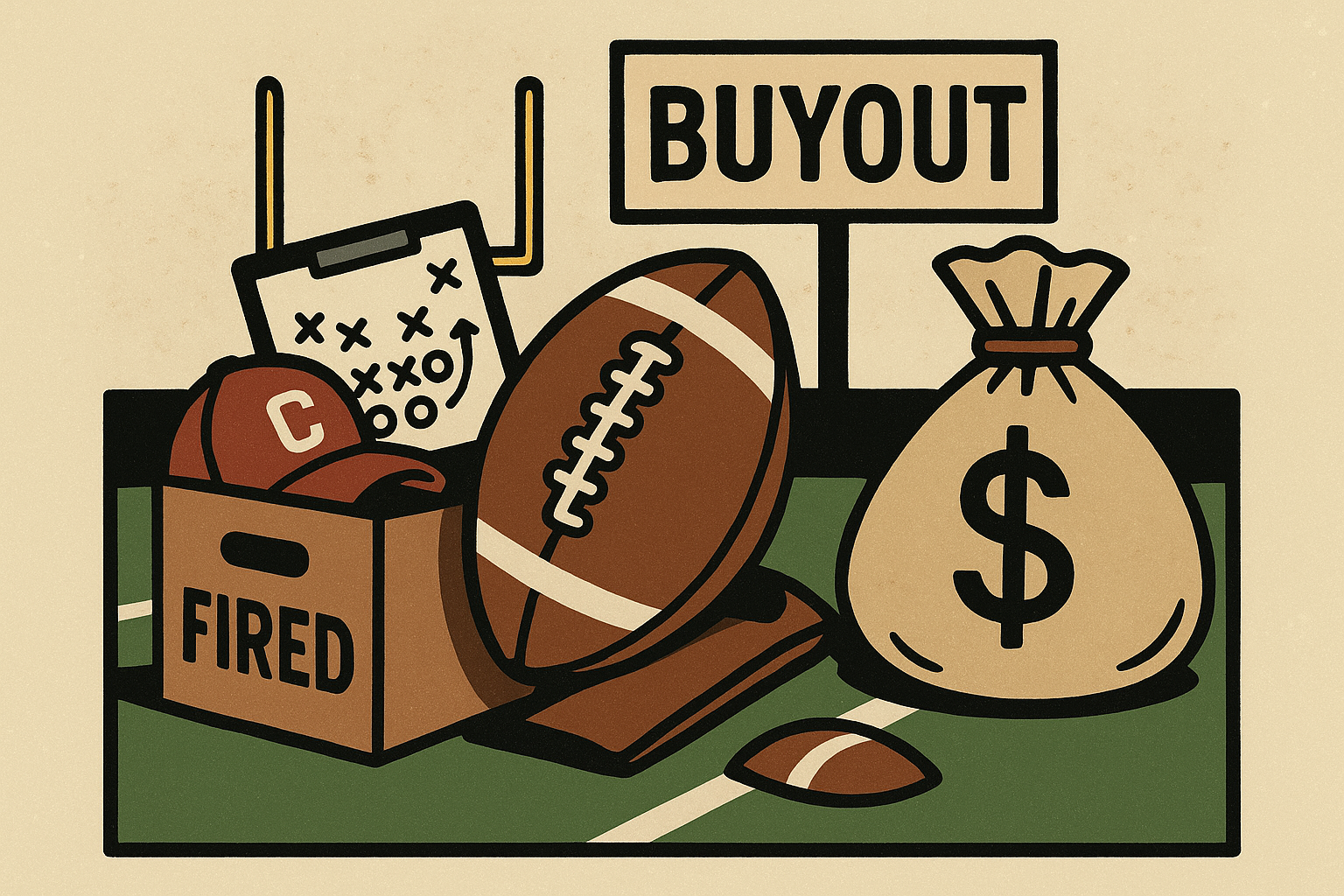Is it Merit or something else?
James Franklin was fired as the football coach at Penn State over the weekend. He received a $49 million buyout—the second-largest in history. The biggest was the $76 million Jimbo Fisher got when he was let go by Texas A&M. If I were fired from my job today, I wouldn’t receive a dime.
I’ll admit: I could be a very unsuccessful college football coach. The me of this moment says that if someone paid me millions to walk away, I’d take it and enjoy the rest of my life. But I suspect it wouldn’t feel that simple. My pride and ego would be bruised, my sense of identity shaken, and my belief in myself in tatters. I don’t know what these coaches are going through, but it does make me wonder about money and what we call “merit.”
Here’s the tension: buyouts are negotiated up front to attract and retain high-profile coaches in a volatile market; they shift risk to schools and boosters who bet on future wins and revenue. But when a coach is fired for poor performance and still walks away with life-changing money, it clashes with the story many of us live by—that pay should track results and accountability. The system can be rational from a contract-and-market standpoint while still feeling unfair from a merit-and-values standpoint.
What do you think: should massive buyouts be capped or restructured to better align with performance, or are they a reasonable cost of competing in big-time college sports?

